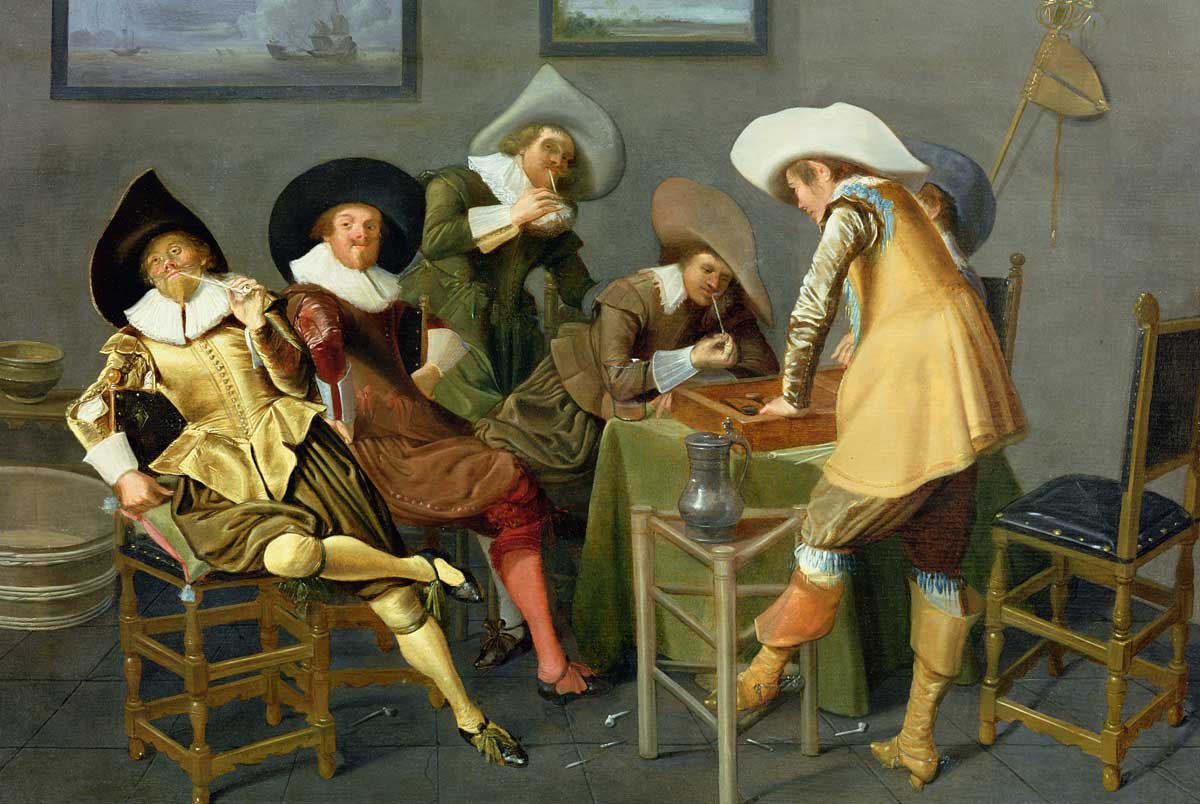Of Hair and Ale | History Today - 2 minutes read

This year, the Fourth of July, usually a date reserved for festivities on the other side of the Atlantic, was dubbed ‘Super Saturday’ by the UK government. Desperate to kick-start an economy that, as in so many countries, has all but ground to a halt, pubs and hairdressers were allowed to open, albeit with social distancing in operation.
At first sight, hair and ale don’t appear to have much in common, but they have been entwined before in British history. Long hair and a liking for beer were associated with Cavaliers, Merrie England, the High Church. A dislike of such fripperies was the territory of the Roundhead, the Puritan, the Chapel. Of course, such caricatures are often just that – John Milton, poet laureate of Puritanism, wore his hair long – but allusions persist.
A lot of people appear to have been reading (or at least referencing) Daniel Defoe’s A Journal of the Plague Year, for obvious reasons. But Defoe’s work, probably based on the recollections of his uncle, Henry Foe, was written in the 1720s, long after the terrible events of 1665 (when he would have been five). Other writers, notably Samuel Pepys, but also Thomas Vincent and Nathaniel Hodges, offer eyewitness accounts of the suffering and fear of that time.
But just as interesting as watching how a society copes with pestilence or political malady is what happens to a people as they emerge from a time of crisis; just as some did, tentatively, on ‘Super Saturday’.
The Journal of William Schellinks Travels in England 1661-1663 offers a clue. The Dutch painter and illustrator travelled widely through an England – and not just London – that was emerging from Civil War and the rigours of Puritan rule. He writes of the ‘last such Sabbath day’, when presbyterians were allowed one last preach before a new Book of Common Prayer appeared: for which there was ‘such a throng’ that one bookseller had seen the clothes torn off his back. That same week, ‘sack, ale, tobacco, etc’ was called for, as a nation visibly unbuttoned itself and embraced the old ways. What they didn’t know was that the return of the king was soon to be accompanied by the return of the plague.
Source: History Today Feed